The roots of dysfunctional relationships often lie in childhood. The way we see and interact with relationships is intertwined with our past and that is why we are drawn to repeating those patterns of dysfunctional relationships in our life.
“I found myself in a pattern of being attracted to people who were somehow unavailable, and what I realized was that I was protecting myself because I equate the idea of connection and love with trauma and death.” ― Zachary Quinto
This quote perfectly captures the essence of a dysfunctional relationship.
Most of us tend to pick partners who reflect the vision we have of ourselves and our world. When you think about it, it makes a lot of sense. Compatibility and a sense of ease in a relationship come from having similar preferences, ideas, and values about things like money, religion, monogamy, parenting, and even what makes for good sex.
The Legacy Project at Cornell University even did a study on this. They interviewed hundreds of people who had been married 40 or 50 years, and even longer. Most agreed that shared values are at the core of a healthy, long-lasting marriage.
But we don’t pick the people we’re with based on values alone. We also choose people who have similar ideas about what relationships look like and how they should play out. This sounds good but it can also backfire.
Related: The Kind Of Toxic People You Attract Based on Your Zodiac Sign
The Reason You Tend To Attract Dysfuctional Relationships
If your caregivers never really modeled what healthy relationships look like, that could mean you end up being attracted to partners who remind you of your dysfunctional family relationships – relationships where you never got what you needed.
In other words, if you have a worldview that never really worked for you, you’re more likely to be in a relationship with someone who ultimately can’t give you what you need.
These kinds of choices fulfill that need to stick with what we’re familiar with. So we pick partners who remind us of the dysfunctional parental-child bonds we know so well. There’s a subconscious need to repeat that dysfunction, only this time with a different outcome–a kind of do-over.
In other words, we’ll marry someone who is just like mom and dad (demanding, nurturing, unresponsive to us), but this time they will give us just what we need. We’ll get to live our childhood over, only this time with a happy ending.
But that’s a fantasy. And people who seek out these types of relationships often end up trying to change their partner and control the relationship. The problem is, that never works. If your parents disappointed you, and you pair up with someone who is just like your parents, that person will also disappoint you.
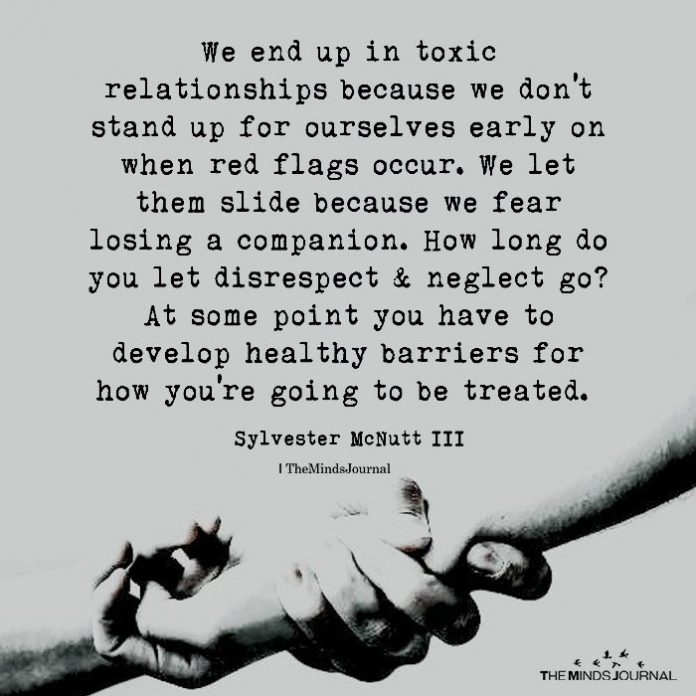
Because we tend to pick partners who reflect our worldview, people who are willing to give endlessly, often with little in return, tend to attract people who are happy to take endlessly and give back very little.
When we’re disappointed, though, rather than move on, we start making excuses for our partner. And when we deny what is real in a partner–the bad as well as the good–we lose the ability to assess who we are picking and become more vulnerable to being exploited and even abused.
At the very least, we end up preventing our partners from growing and making the changes they really need to make. After all, if you keep making it easy for your partner to exploit you, they’ve got no reason to change.
Related: 7 Common Traits Shared By People Who Grew Up In Dysfunctional Families
The truth is that you’re powerless to change anyone but yourself, and you’re kidding yourself if you think you can. Only your partner can change themselves, and only if they really want to change.
We might long for a partner to parent the child deep within us – the one who is still angry and unfulfilled – the way we were never parented. But healthy relationships between adults are not about parenting. They are partnerships between equals. As long as we yearn for parents rather than true partners, we will never be able to pick partners who can truly (and realistically) give us what we need as adults.
What this all means is that whenever you focus on fixing someone else, an alarm should go off. It’s a warning that there is something inside of you that needs to be addressed. Focusing on fixing another person is just a way to avoid focusing on yourself and on fixing your own issues.
Sherry Gaba, LCSW is also the author of Love Smacked: How to Stop the Cycle of Relationship Addiction and Codependency to find Everlasting Love and Wake Up Recovery for Codependents.
Written By Sherry Gaba Originally Appeared In Sherry Gaba
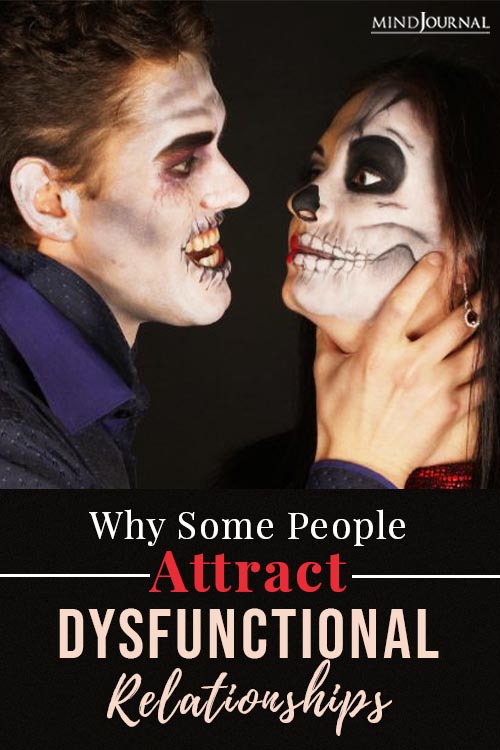


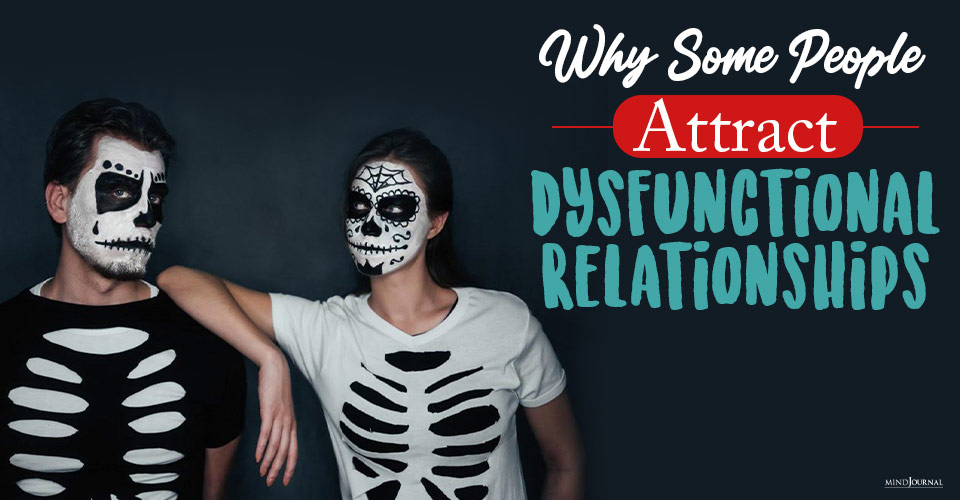
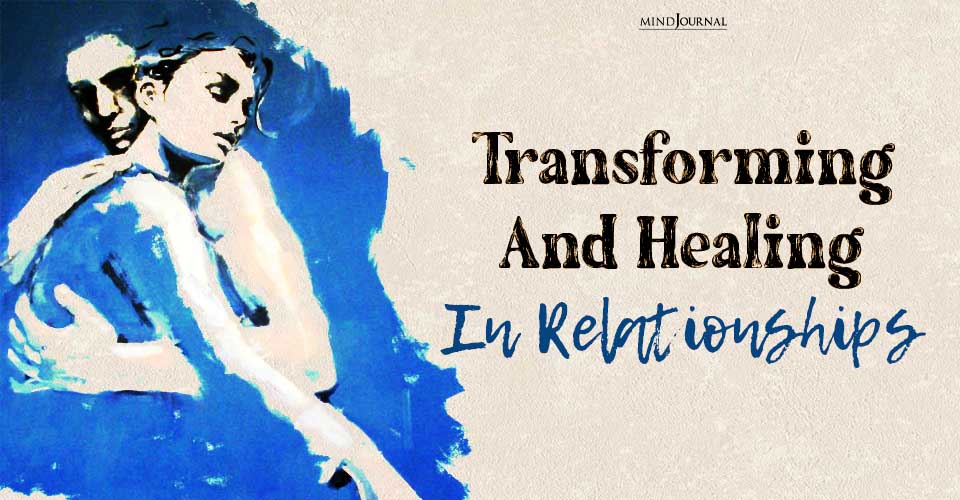

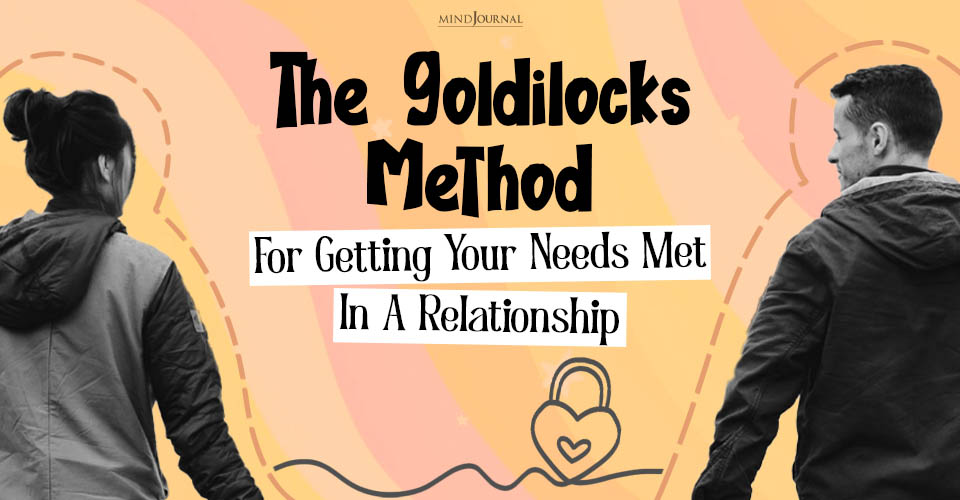




Leave a Reply